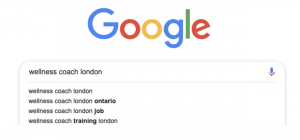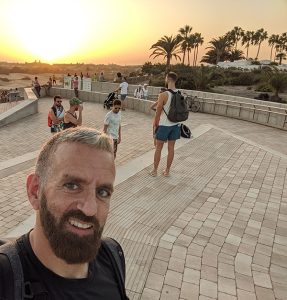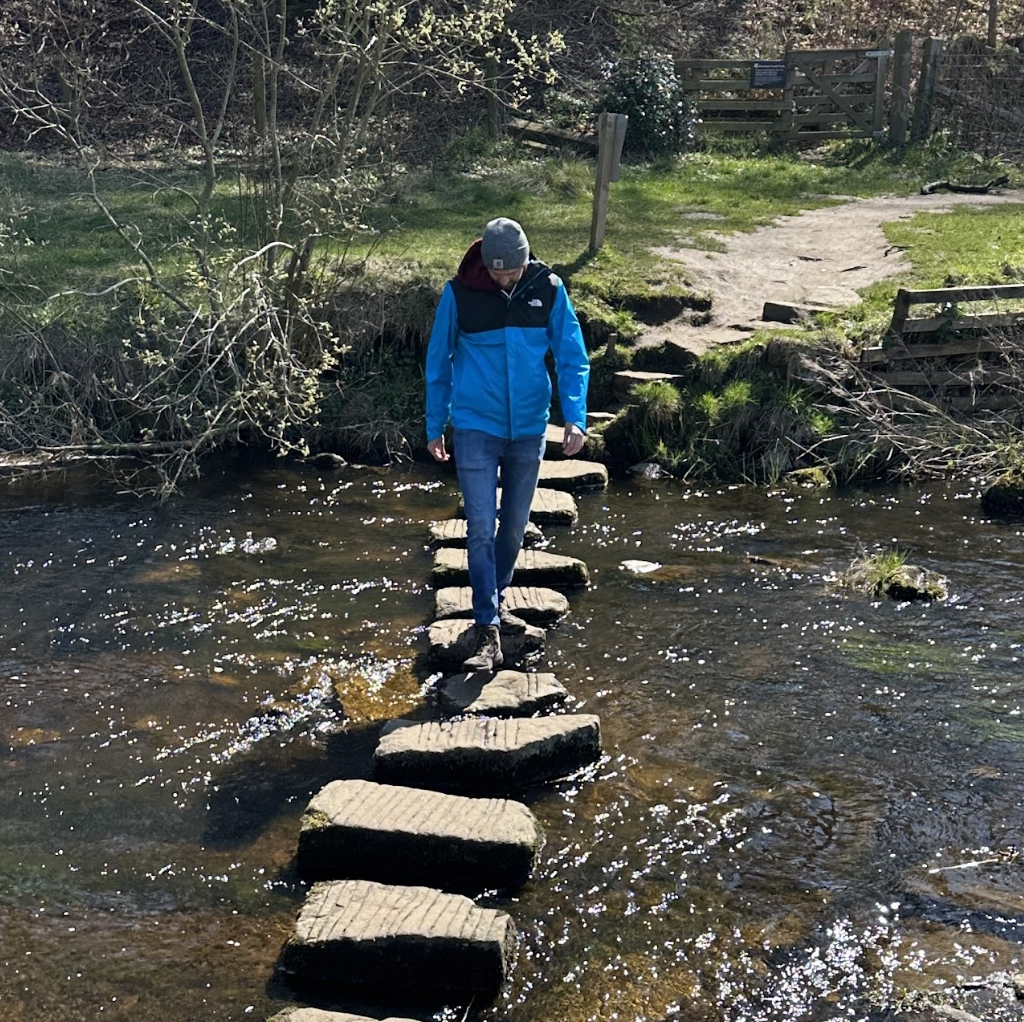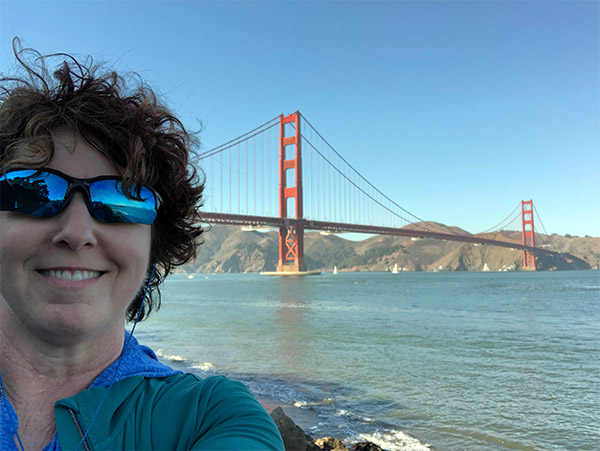What is Search Engine Optimization (SEO) and Why You Need It

Here at Wordsmithie, we work with a handful of clients who have heard of SEO but aren’t sure how or why they should be using it to benefit their business. (Trust us—you should!)
As a content marketing agency, we live and breathe SEO, and we’re happy to educate our clients on the basics. Put simply: If you want to grow your brand or business, it’s a necessary tool to incorporate into your marketing strategy as soon as possible. Not sure where to start? Let us be your guide.
What Is SEO?
Search Engine Optimization is exactly what it sounds like: the practice of optimizing your web content to increase quality traffic to your website through search engine results page performance (or SERP). Sounds simple, enough—but what does it mean to “optimize web content?” Here’s an example: Let’s say you run a wellness coaching business in London, and you’re looking to increase your number of clients. (Clients = money!) The easier it is for a prospective client to find you online, the more sales you’ll make. So ask yourself: Where do people go to find services they need? Google, of course! Which means you’ll want your business to appear as high as possible in the search results when your target audience searches for “wellness coach London.”
A number of factors go into determining the selection and order of websites that appear in a SERP, but the simplified explanation boils down to search engine algorithms (or computing formulas). These algorithms determine what websites are matched with certain words or phrases, known as keywords. (The keyword being “wellness coach London” in the previous example.)
Depending on who you ask, you’ll get a variety of methods for sifting through and separating the SEO elements, but we like to prioritize three to optimize your search engine ranking (or how high you appear in SERP): technical, on-site, and off-site SEO.
How Will SEO Help Your Business Grow?
Before we get into the three elements, let’s dive into the importance of SEO and how it can impact your business growth.
No matter what industry you’re in, quite frankly, there are most likely a ton of other people out there doing what you do. So why should a prospective client choose YOUR business over one of theirs? What makes your product or service unique? Obviously, that’s for you to figure out—and once you have, only one question remains: How can you get the message out to the rest of the world? That’s where our trusty friend the internet comes in!
Every day, millions of people use search engines to find answers to their questions, solutions to their problems, and recommendations for a variety of products and services. If you’re a business owner that offers a product or service that can help make someone’s life better, you’ll want to show up in their SERP so they’re more likely to click through to YOUR website and purchase what you’re offering. How is this done? By optimizing your web content (which we’ll get into).
When your company’s site is one of the first listed in a search engine result, users are faster to associate your business with quality and trustworthiness—simply because of your ranking. Think back to the last time you searched for a particular service in Google. Did you scroll through to the third, fourth, or fifth page before clicking on a provider? Most of us don’t even make it to the second page, settling rather on one of the top five or six options.
This isn’t the only benefit, however. SEO ensures that the people who are looking for you find you without much effort. (There’s nothing worse than losing a sale because your website is buried beneath pages of clutter.) Your business deserves better.
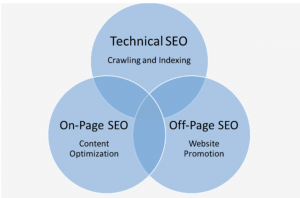
Photo courtesy of moz.com
Three Types of SEO
Now that we’ve covered the importance of utilizing SEO for your business, let’s discuss what goes into a good SEO strategy. While there are many different ways to sort through the components of a quality SEO strategy, we prefer to break them down into technical, on-, and off-page elements.
Technical SEO ensures that websites can “crawl and index” your website without technical problems. In non-tech speak, this just means that search engines like Google can effectively read and understand your web content so it can appear in relevant searches. For technical SEO to work in your favor, a secure connection, responsive design, and a fast loading time are essential.
On-page SEO places more of an emphasis on the actual content throughout your site—for example, the readability and quality of blog posts, informational pages, and any written text. Proper formatting of your content is also important, as are the appropriate use of keywords, which optimizes your content for search engines and makes your site “search-engine friendly.”
Off-page SEO has to do with efforts taken outside of your own website to better rank in a search engine. One such effort is “backlinking,” when a link to your website appears on another website. Search engines love these external links, as they help build up your site’s credibility.
More to Know about SEO
Just to wrap up, here are a few more things to consider when planning out your SEO strategy.
I’ve mentioned Google a few times throughout this post, because it’s the world’s largest and most widely used search engine, with an average net share of 75% among the use of search engines in 2017. Just to put that in perspective, there are over 2 trillion Google searches per day in 2019, or at least one search per internet user per day. (YouTube falls next in line as the second largest search engine.)
SEO is both a science and an art form, but it basically boils down to user experience. Search engines are smart, and they want users to have a quality experience AND get what they’re after when searching—so they’re going to favor relevant websites that show all the signs of being user-friendly. This looks like: easy-to-read content, understandable and aesthetically pleasing formatting (like quality headers, page breaks, and images), internal and external links, and technical aspects like fast site speed. Google can even interpret positive and negative site experiences, penalizing websites for poor user engagement.
SEO requires times, not money. Unless you’re outsourcing or hiring an SEO expert, incorporating SEO into your marketing strategy is a relatively cheap tactic. Where online advertising charges you per goal conversion as long as it’s running, SEO doesn’t cost a thing to implement, and the effects can last for years. However, producing quality results from an effective SEO strategy takes time and understanding—and since best practices are always changing to adapt to algorithm updates, newer technologies, and user feedback—it’s only worth implementing if you’re willing to stay on top of it (or hire someone to).
We hope we’ve provided a little bit of insight into how SEO can greatly impact the recognition, reputation, and revenue of your business—and how to get started incorporating SEO into your marketing plan. Let us know if you’d like more guidance with online marketing by getting in touch with us via our website contage form!

